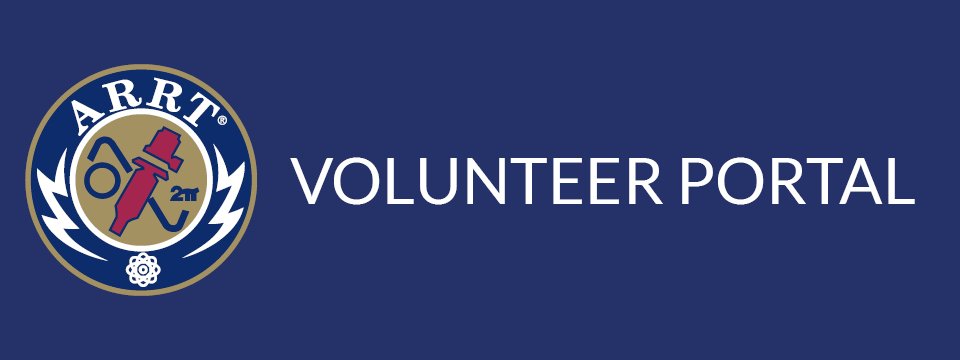Radiation Therapists work closely with the radiation oncologist, medical physicist, and dosimetrist in the development of a treatment plan for each patient. Because of the high dose of the radiation that is used, therapists create custom immobilization devices for reproducibility. The therapist needs to be skilled with knowledge of anatomy and positioning to ensure that the same exact area continues to be treated for the length of the treatment course. This is critical, as the goal is to harm as few adjacent healthy organs and tissues as possible, while destroying the genetic material of the cancer cells.
Radiation therapy is a very rewarding career. The job combines technical skills with a compassionate approach, fostering meaningful connections with patients during challenging times. Additionally, rapid advancements in cancer treatments provide opportunities for continuous learning and professional growth in this dynamic field.
If you are interested in becoming a Radiation Therapist, there are Associate or Bachelor degree programs across the country you can complete as part of your journey to become certified and registered. Consult ARRT's Education Requirements-Primary Eligibility Pathway page to learn more.


